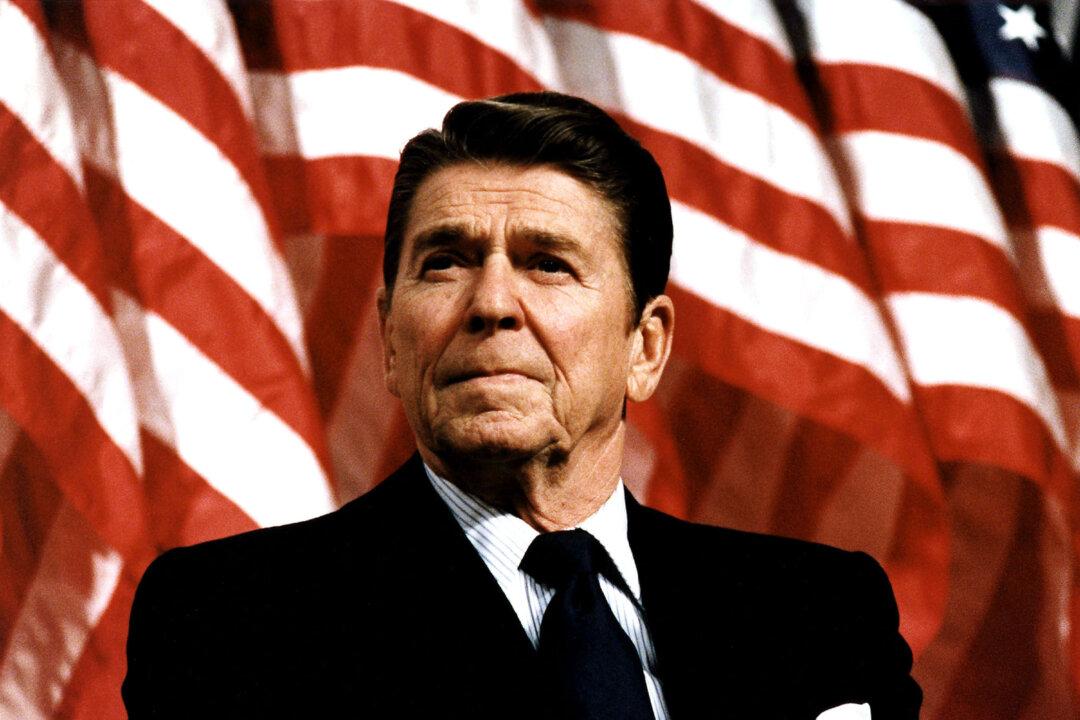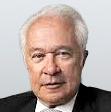Commentary
Ronald Reagan, one of the greatest American presidents, presciently warned about the situation in which both the United States, Australia, and much of the Anglosphere find themselves today.


Ronald Reagan, one of the greatest American presidents, presciently warned about the situation in which both the United States, Australia, and much of the Anglosphere find themselves today.